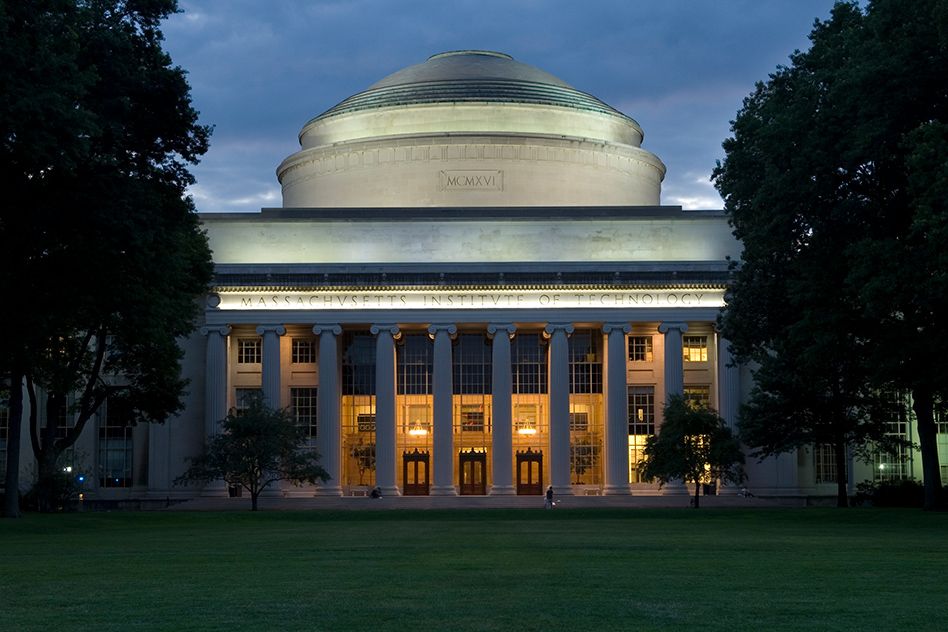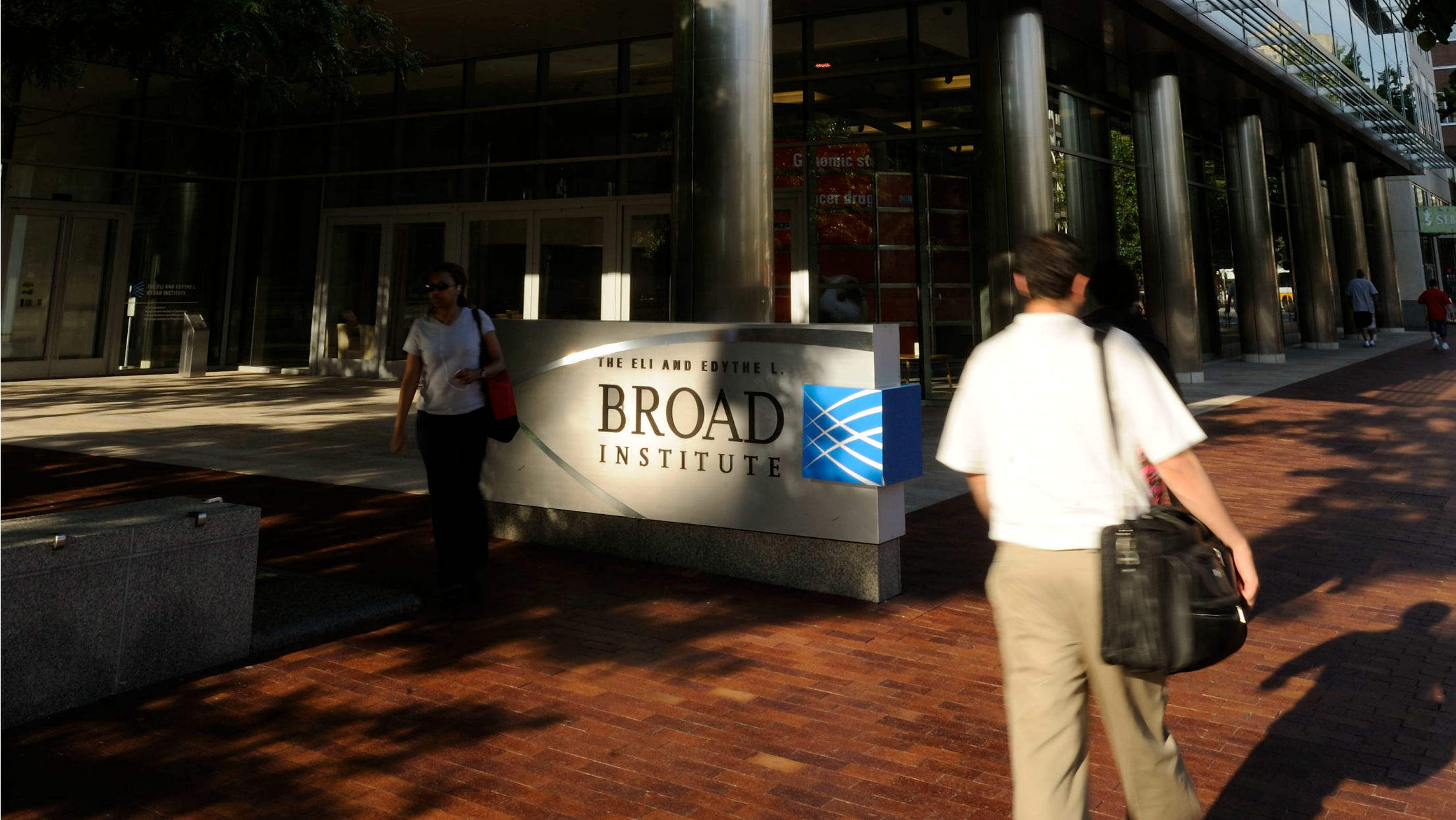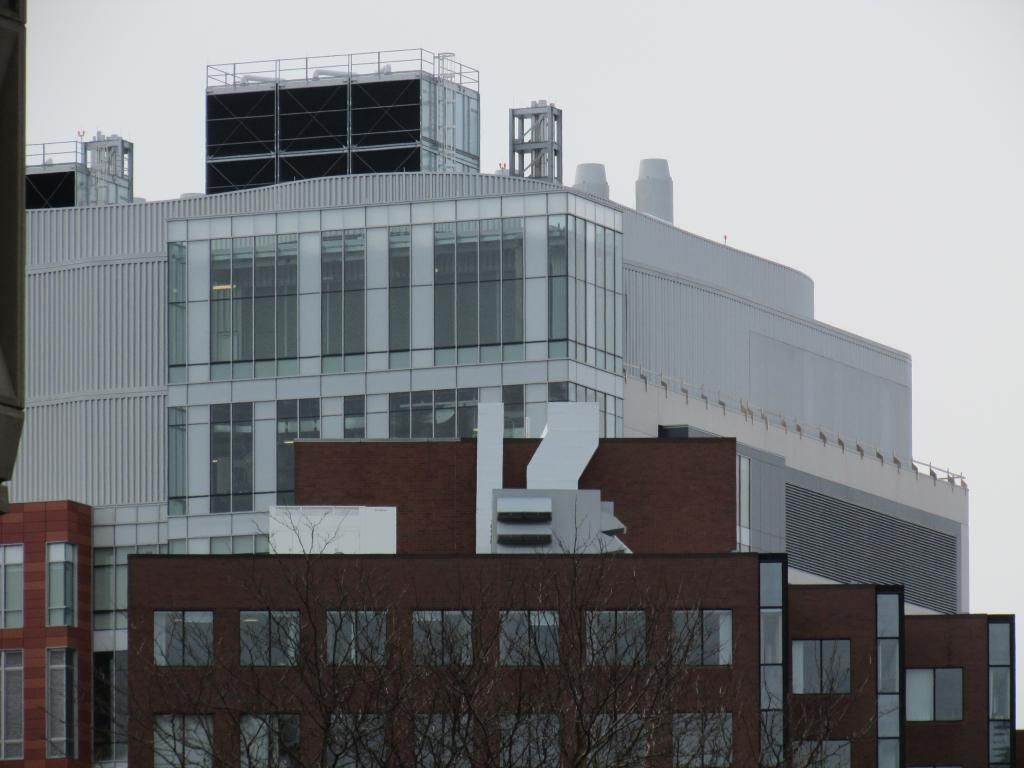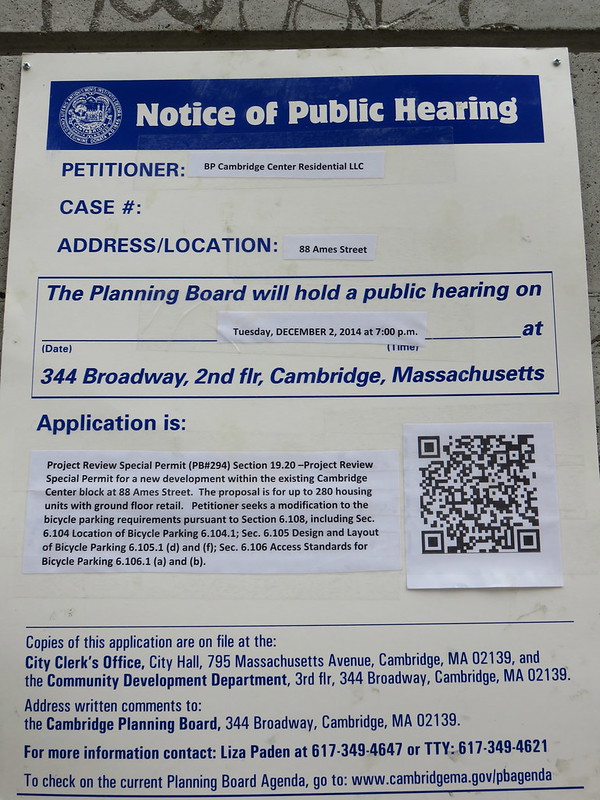You are using an out of date browser. It may not display this or other websites correctly.
You should upgrade or use an alternative browser.
You should upgrade or use an alternative browser.
Broad Institute Expansion | 75 Ames Street | Cambridge - Kendall Sq
- Thread starter JohnAKeith
- Start date
mdd
Active Member
- Joined
- Mar 14, 2008
- Messages
- 805
- Reaction score
- 170
They have an amazing blue lozenge of a canopy now. <shrug>
cca
I thought that was a smudge on the window.
- Joined
- Sep 15, 2010
- Messages
- 8,894
- Reaction score
- 271
I really love this building and how it interfaces with the Kendall area. Hats off to Elkus.
Nice pix kz. Thanks as always. =)
Nice pix kz. Thanks as always. =)
- Joined
- Sep 15, 2010
- Messages
- 8,894
- Reaction score
- 271
Props to them for lighting up the interstitial floor panels!
stellarfun
Senior Member
- Joined
- Dec 28, 2006
- Messages
- 5,711
- Reaction score
- 1,544
beeline, you may want to start a new thread for 88 Ames.
http://courbanize.com/ames-street-residential
http://courbanize.com/ames-street-residential
- Joined
- Jan 7, 2012
- Messages
- 14,062
- Reaction score
- 22,725
Thanks for the link and new thread created.beeline, you may want to start a new thread for 88 Ames.
stellarfun
Senior Member
- Joined
- Dec 28, 2006
- Messages
- 5,711
- Reaction score
- 1,544
This is not about a new building per se, but about a big bucks donation ($300 million total) to the Broad Institute's endowment.

 www.bostonglobe.com
www.bostonglobe.com
An AI technological ecosystem is about to bloom in Cambridge.

 news.mit.edu
news.mit.edu
The list of collaborators is more impressive than what the Globe portrayed.

 www.fiercebiotech.com
www.fiercebiotech.com
(The Alan Turing Institute is basically a consortium of the premiere universities in the UK.)

Broad Institute launches $300m initiative to fight diseases with artificial intelligence - The Boston Globe
The Broad Institute of MIT and Harvard announced the creation of the Eric and Wendy Schmidt Center, a new initiative that applies advanced computer science to some of the hardest problems in medicine.
The Cambridge research center early Thursday announced the creation of the Eric and Wendy Schmidt Center, named for the former Google chief executive and his wife, who are major funders of the effort.
The money comes as biological and medical researchers are unlocking information about the human body at a scale that could take lifetimes to analyze and fully understand without the help of sophisticated artificial intelligence software. The institute hopes that by focusing its resources and expertise on developing and improving these programs, it will be able to spot patterns and unlock some of the basic mysteries of the human body.
An AI technological ecosystem is about to bloom in Cambridge.

MIT reshapes itself to shape the future
A gift of $350 million establishes the MIT Stephen A. Schwarzman College of Computing, an unprecedented, $1 billion commitment to world-changing breakthroughs in computer science and artificial intelligence and their ethical applications.
The Schmidt Center plans to work with several other organizations on the front line of artificial intelligence and medical research, using data the Broad has collected itself along with material shared by scientists around the world.
Collaborators will include the Broad’s existing connections at Harvard and MIT, along with researchers at the Mayo Clinic; biopharmaceutical companies, including Genentech, AstraZeneca, and Novartis; and major tech firms such as Google and Microsoft.
The list of collaborators is more impressive than what the Globe portrayed.
Based at the Broad Institute’s campus in Cambridge, Massachusetts, the center hopes to capitalize on the widespread adoption of big data and cloud computing in healthcare R&D alongside parallel advancements in DNA sequencing, single-cell analysis and digital imaging.

Broad Institute launches $300M Schmidt Center to merge AI, biology and a slew of industry partnerships
The Broad Institute of MIT and Harvard has launched a new, major initiative to support machine-learning-powered research into the life sciences. | The Broad Institute of MIT and Harvard has launched a new, major initiative to support machine-learning-powered research into the life sciences.
The center itself will be co-directed by Caroline Uhler, an associate professor of electrical engineering and computer science at MIT, and Broad’s chief data officer, Anthony Philippakis.
It also plans to gather talent from MIT, Harvard and its teaching hospitals and to partner with the Broad’s established artificial intelligence work, including the Models, Inference & Algorithms Initiative and the Machine Learning for Health effort.
“By connecting clinicians with biotechnologists and data scientists trained in diverse areas—from mathematics to computer science, electrical engineering and computational biology—we can begin to gain unprecedented insights into the biology of cells, tissues and organisms,” Uhler said.
The program will also build upon the Broad’s existing technology partnerships with Bayer, IBM, Intel and Verily and bring in a new set of collaborators, including: Mila, the Quebec AI Institute; the European Laboratory for Learning and Intelligent Systems; the Oxford Big Data Institute; and The Alan Turing Institute—as well as connections with the Mayo Clinic, Geisinger, Genentech, AstraZeneca, Novartis, DeepMind, Google Research and Microsoft.
(The Alan Turing Institute is basically a consortium of the premiere universities in the UK.)
The Broad Institute is converting half of one of the mechanical floors at 75 Ames into additional lab space. From the outside, it just changes louvers to windows. Are there smaller-format mechs these days that allow changes like this?
All project docs for the building:

All project docs for the building:


















